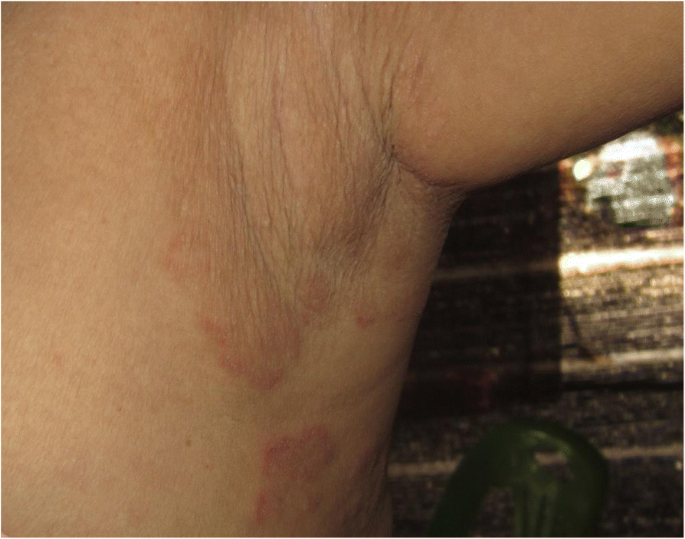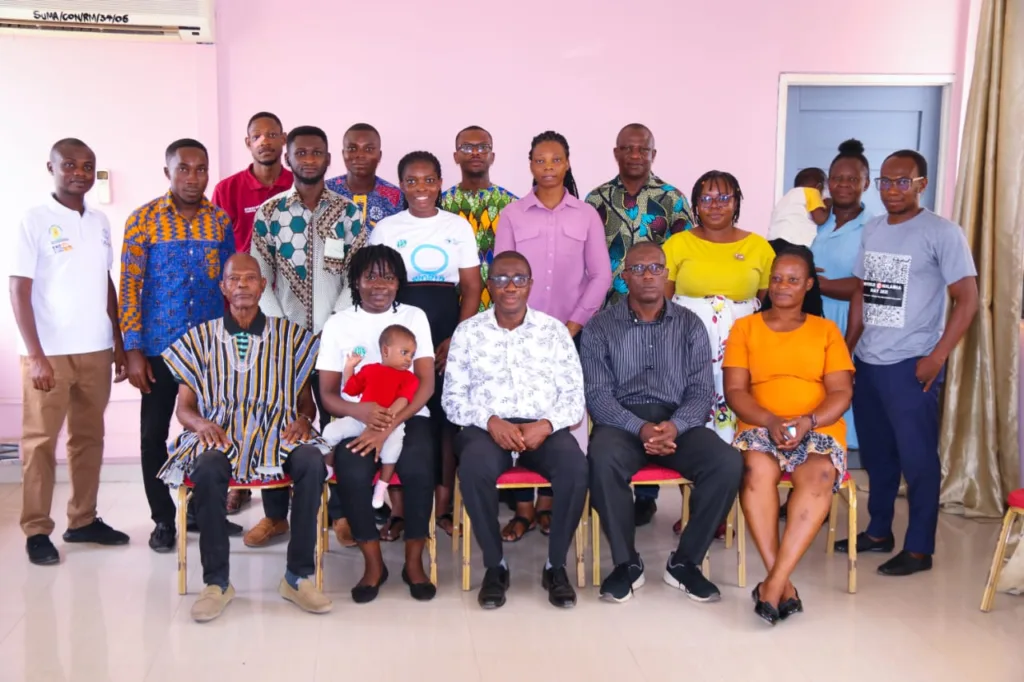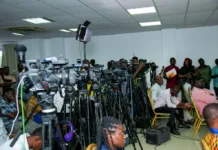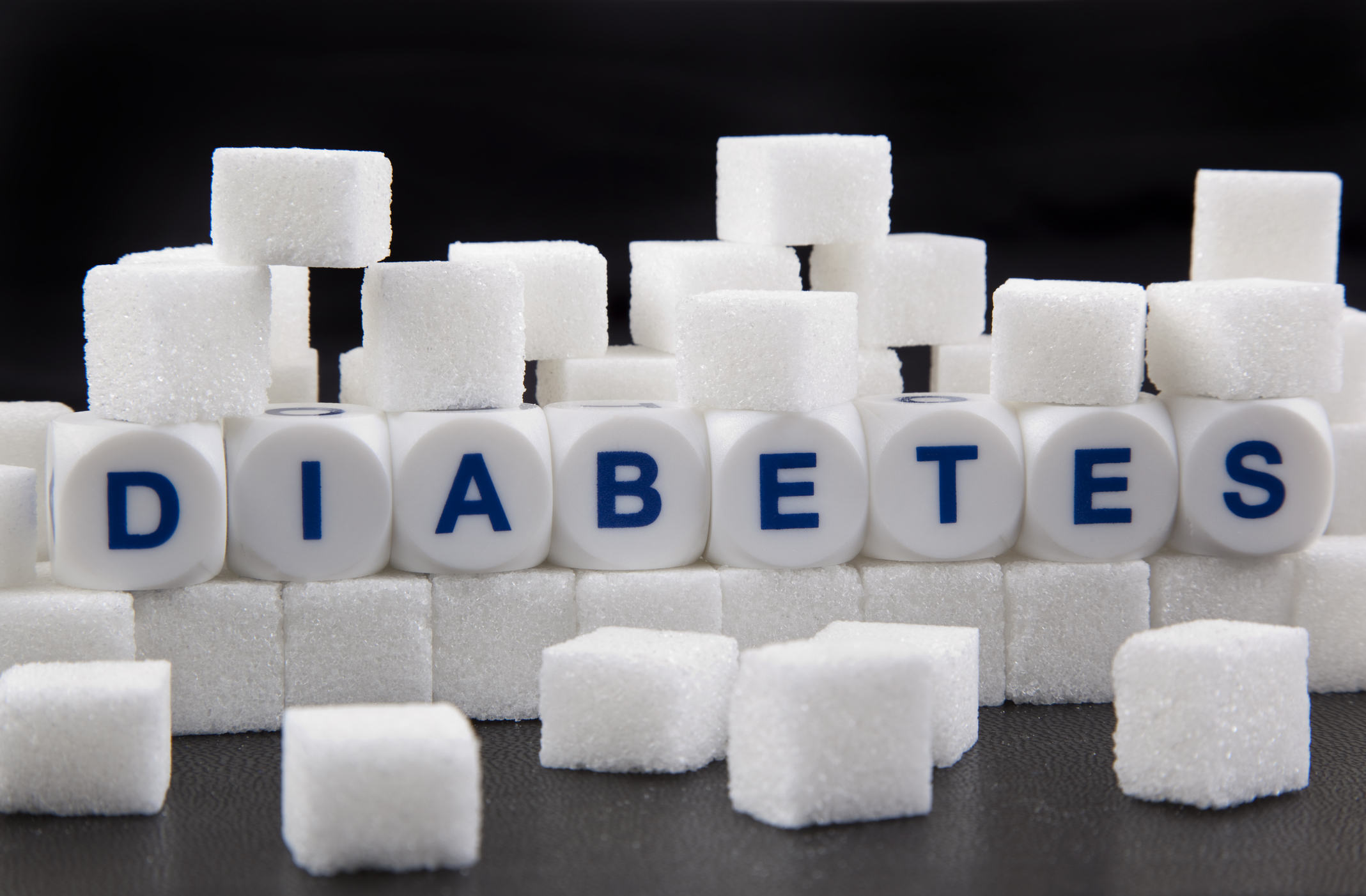
Stakeholders in the Eastern Region are advocating for the Ghana Health Service to expand access to treatment for Skin Neglected Tropical Diseases (NTDs) at primary healthcare centers.
Currently, treatment of skin NTDs cannot be done at the Community-based Health Planning Services (CHPS) compound hence patients in impoverished remote communities have to be transported to bigger health facilities in towns and cities pushing many to seek herbal and spiritual interventions instead of orthodox treatment.
This call comes after the identification of 1,109 suspected cases of Skin-NTDs within a year in Suhum, Ayensuano, Upper Manya Krobo, Fanteakwa North, and West Akyem municipalities in the Eastern region Under the Partnership for the Eradication of Skin-NTDs Project being implemented by Ark Development Organization and Ghana Health Service with support from Cabildo De Gran Canaria through Fundación Anesvad.
The suspected cases include yaws, leprosy, Buruli ulcer, and lymphatic filariasis.
The victims include 558 males and 551 females, unfortunately, many of the patients were hidden in rooms, herbal and spiritual centers due to misconception.

During a review meeting in Suhum, concerns were raised about the lack of medical services at Community-based Health Planning and Services (CHPS) compound facilities, which is discouraging patients from seeking treatment.
David Kwaning, Project Officer of Ark Development Organization, said “We had a meeting with NHIA to advocate for the inclusion of NTD drugs in their drug list but out of the meeting we realized most of the drugs are covered by NHIS but cannot be administered at the CHPs compound where most of such people seek healthcare. So we have engaged Anesvad at the national level, engaging NHIA at the national level so that these drugs will be allowed at the CHPs compound for our clients to get access to it at a free cost”.
Other recommendations made during the meeting include placing more emphasis on providing essential wound care services to individuals with Skin NTDs, as well as ensuring that all suspected cases are followed up and confirmed by District Health Management Teams.
The stakeholders also stressed the importance of following the Ghana Health Service’s protocols for suspected case detection and notification, as well as providing training to caregivers and volunteers on wound care services for sustainability.
With the highest number of cases recorded in the Suhum Municipality, Municipal Health Director Frederick Kwame Ofosu is optimistic that initiatives like the Partnership for the Eradication of Skin-NTDs Project will help address these endemic diseases.
Agana Nsiire, a focal person for Anesvad, emphasized the need for continued collaboration between the government and stakeholders to effectively combat skin NTDs, which often have devastating effects on families.
With the integrated approach to the project, four mechanized boreholes are to be constructed in the selected districts and municipalities to expand access to safe water to reduce skin NTDs.
Source:Ghana/Starrfm.com.gh/103.5FM/Kojo Ansah




